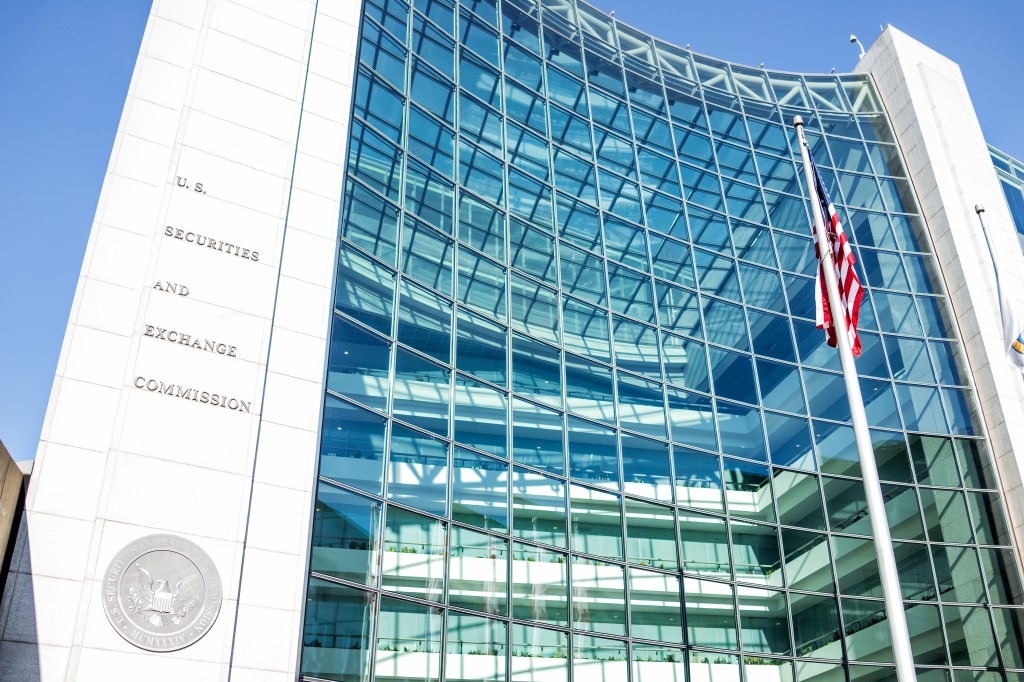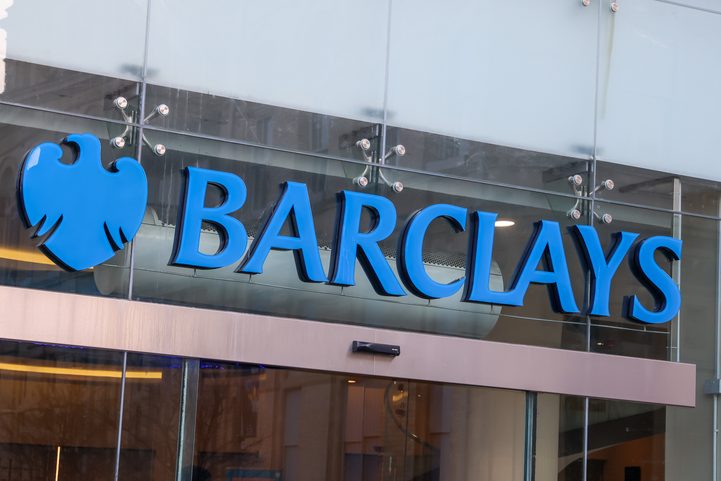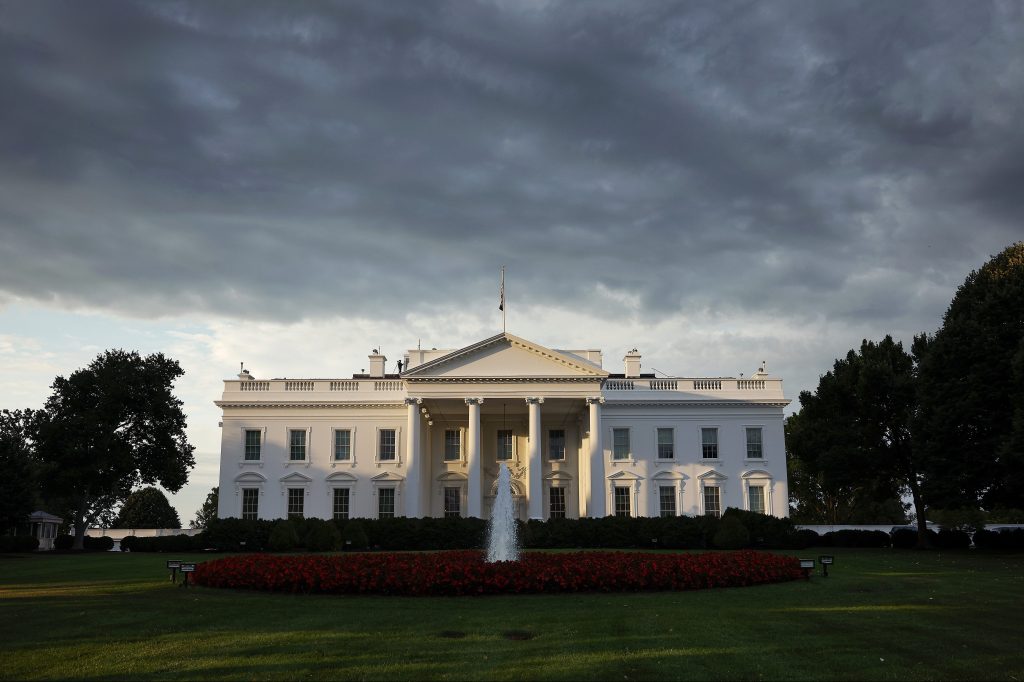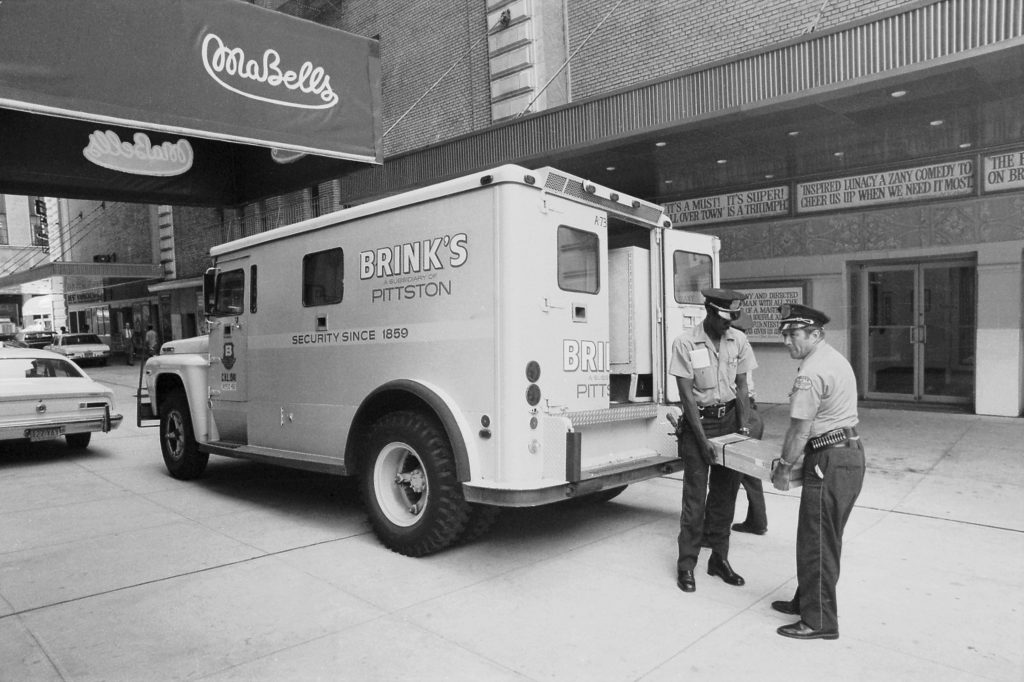In its first enforcement action against an armored car company, the Financial Crimes Enforcement Network (FinCEN) has announced a $37m civil money penalty against Brink’s Global Services USA, Inc.
The penalty is for violations of the Bank Secrecy Act (BSA) and its implementing regulations, and comes after FinCEN conducted a civil enforcement investigation. The Department of Justice (DOJ) also announced it had settled criminal allegations with Brink, alleging that the business had operated as an unlicensed money transmitting business.
FinCEN agreed to credit against this amount the civil penalty payment of $20m to DOJ, with the net cost to the business being $42m.
Focus on BSA/AML
FinCEN said in its press release that its civil monetary penalty against BGS USA was for willful violation of its anti-money-laundering (AML) law – the Bank Secrecy Act – and that the company will be subject to an AML program review.
The agency said that the resolution with BGS USA sets forth that the company failed to register with FinCEN as a money services business, failed to develop an effective AML program, and failed to file suspicious activity reports.
“For years, Brink’s moved large sums domestically and across the Southwest border without required AML controls, exposing the US financial system to a heightened risk of money laundering, including from narcotics trafficking and other illicit activity,” FinCEN Director Andrea Gacki said in the release.
FinCEN also said the report must detail the improvements to the BSA/AML program that incentivize compliance through discipline and compensation, plus it must fine tune its training to better match its risk profile and to engage in periodic, independent testing of the program.
In its order, FinCEN described how Brink’s must hire a qualified independent consultant to conduct a review of the effectiveness of the Brink’s AML program though an AML Program Review.
And, more interestingly, the business must supply an AML Program Scope Report that will examine and describe its “High-Level Commitment to Compliance,” which the regulator describes as “the extent to which Brink’s senior management and, if applicable, directors provide sufficiently strong, explicit, and visible support and commitment to Brink’s AML program, including the rigor of adherence demonstrated through example, as well as reinforcement by all levels of management within Brink’s to create and foster a culture of ethics and compliance throughout the organization.”
This focus area of the report stemmed from what FinCEN said was a failure by senior management to ensure appropriate procedures were in place to address Brink’s risk and provide a clear understanding of Brink’s guidance to address the activity, despite Brink’s employees showcasing escalated suspicious activity.
FinCEN also said the report must detail the improvements to the BSA/AML program that touch on incentivizing compliance through discipline and compensation, plus it ordered the company to fine tune its training to better match its risk profile and to engage in periodic, independent testing of the program.
Unlicensed activity
The DOJ said in its order that to avoid criminal prosecution and settle with the agency under civil penalty terms, the company admitted that it illegally transported money domestically and internationally between third parties and outside the limited regulatory protections for currency transporters.
During this illegal conduct, DOJ said, Brink’s failed to have compliance controls in place to ensure its business activities remained within the regulatory safe harbor provided to the armored car industry.
As a result, it operated as an unlicensed money transmission business on multiple occasions in violation of US law, the Department said.
Program enhancements
The Brink’s Company said its subsidiary, Brink’s Global Services USA (BGS USA), reached agreement with two US agencies to resolve investigations related to cross-border currency shipments and compliance with federal money-transmitting laws.
BGS USA reached a non-prosecution agreement with the Department of Justice (DOJ) and a consent order imposing a civil money penalty with the Financial Crimes Enforcement Network (FinCEN), the company said in a press release.
“Upon learning of the DOJ investigation in 2020, we conducted our own thorough internal review and have since implemented further enhancements to our global Ethics & Compliance program, which were acknowledged by the DOJ in our agreement,” Brink’s President and CEO Mark Eubanks said in the release.
“As an industry leader, we are committed to continuous improvement and are always evolving our program to address changing compliance risks,” Eubanks said.













